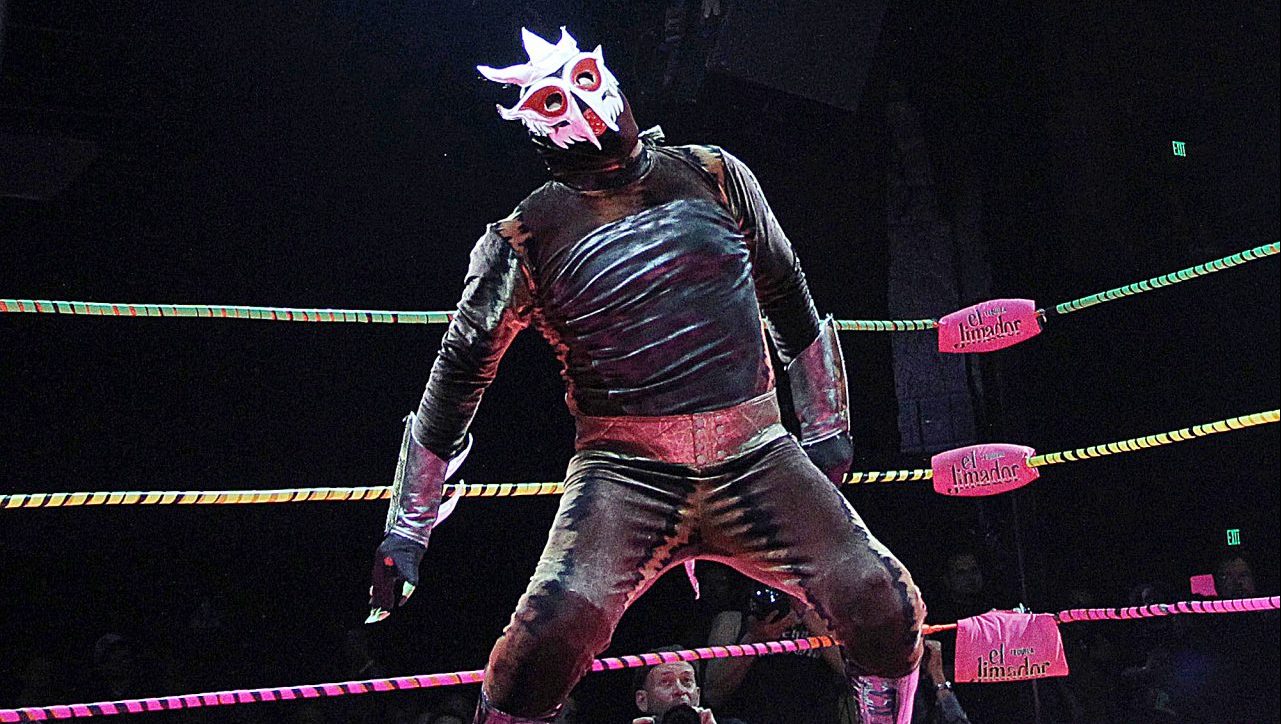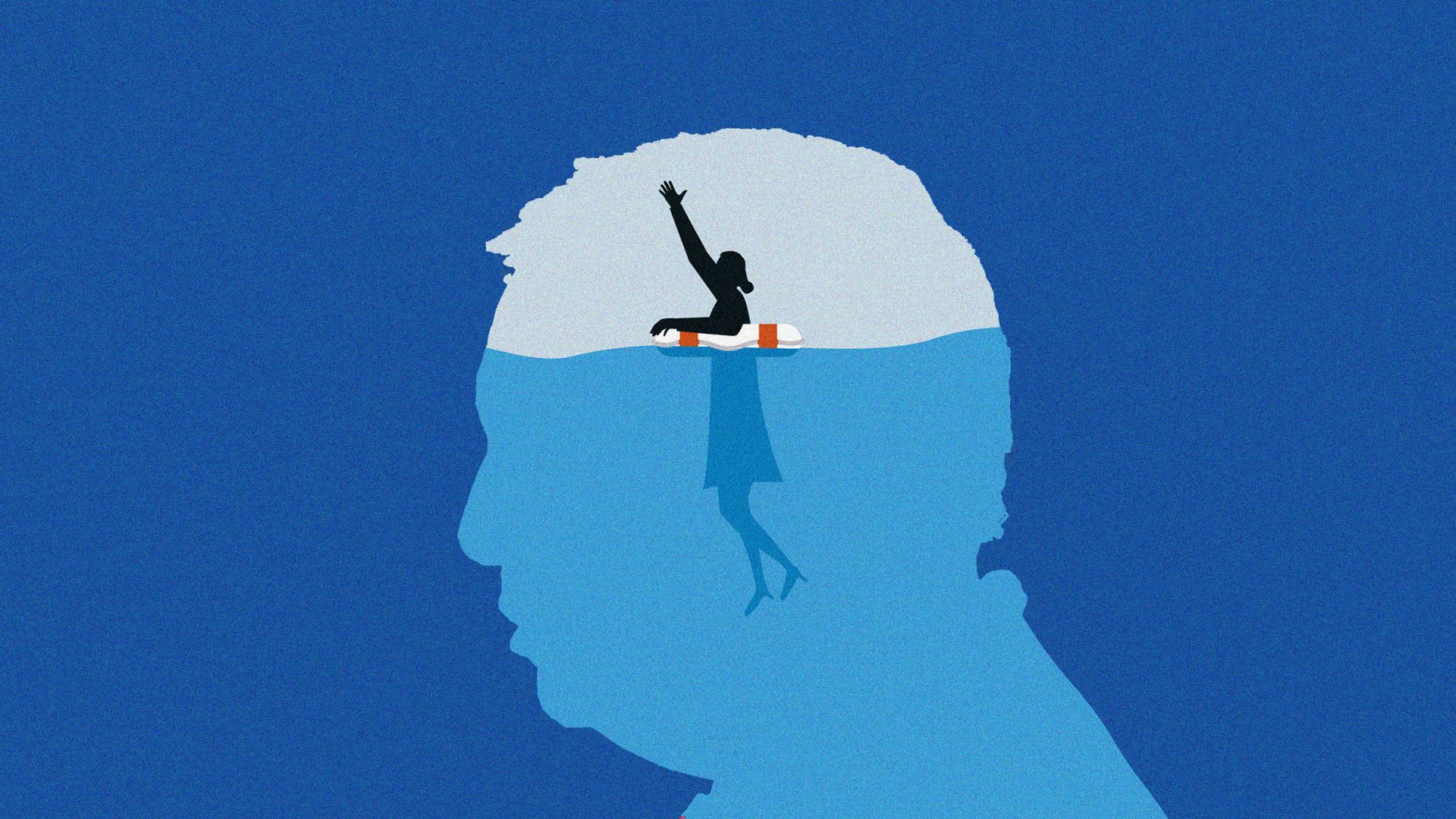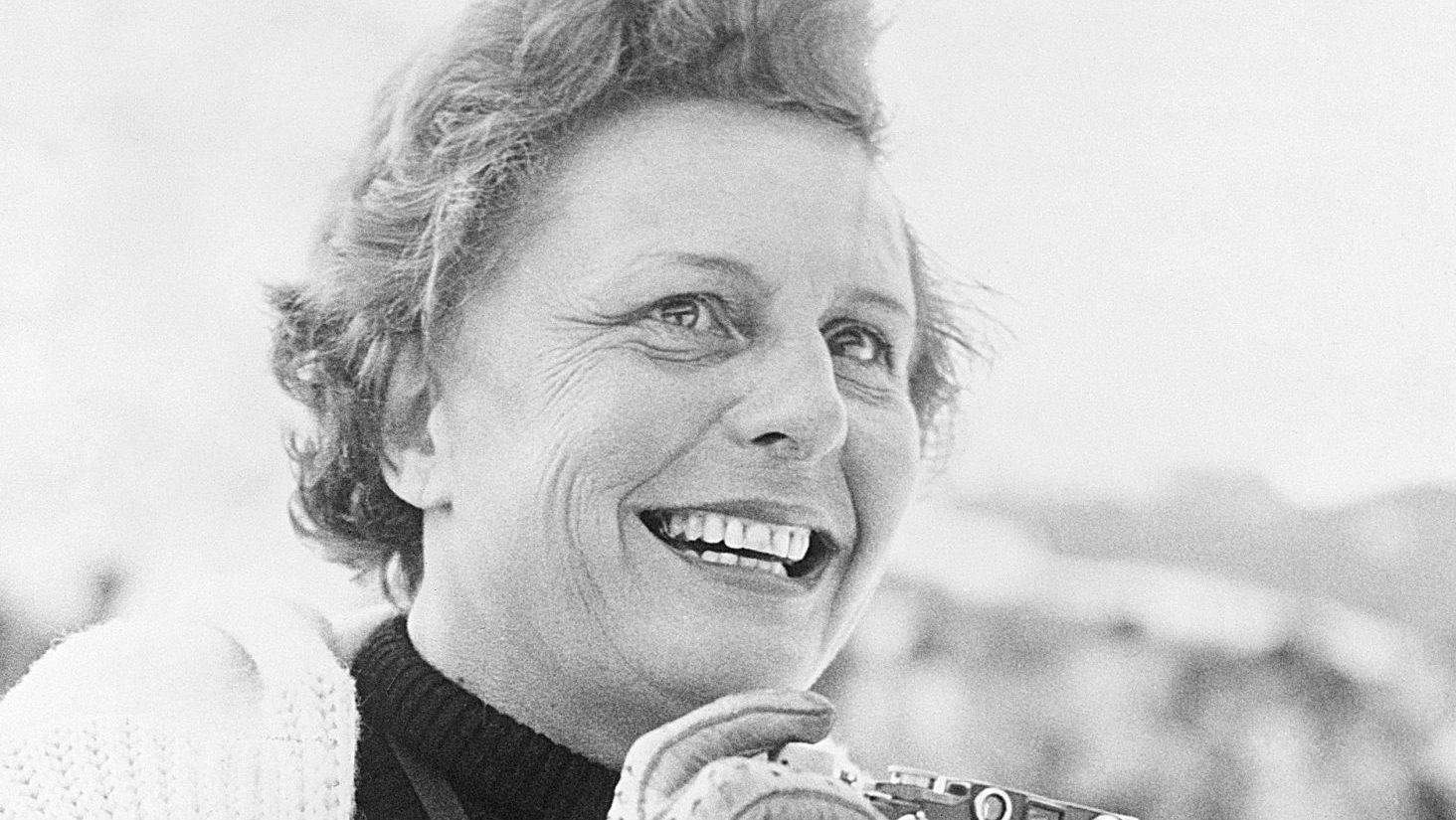It’s fight night in the Arena Puebla, a concrete bowl of lime green seating in central Mexico. Bare-chested and wearing camouflage trousers, Travis “Flip” Gordon Lopes, balances on the top rope of the wrestling ring and gives a military salute to the crowd. In response, a boy, perhaps 10 years old and cradling a plastic cup full of bright orange potato chips, springs to his feet.
“Hijo de puta!” (son of a bitch), he yells. When he sits back down, his proud father ruffles his hair affectionately.
Lucha Libre, Mexico’s colourful and theatrical form of professional wrestling, is very much a family event. It’s like pantomime – albeit with more swearing. There are the tecnicos, the well-trained, fresh-faced, rule-abiding heroes. Then there are the rudos, the ref-baiting, hair-pulling ruffians.
Flip Gordon, a Massachusetts-born ex-National Guardsman, is the latest in a string of journeyman US pro-wrestlers to flex their pecs south of the Rio Grande. During the first Trump administration, the michelada-drinking masses were introduced to Sam Adonis, a beer-chugging, stars-and-stripes-waving, Trump supporter whose mask had a familiar crest of yellow hair. Such gringo interlopers, it goes without saying, are almost always the rudos. Over the course of the season, each luchador must live out their own story arc over a series of 15-minute bouts. A good lucha libre promoter has a taste for melodrama, the skill of a telenovela script writer and a feel for the national mood.
Less than a minute after entering the ring, Flip Gordon is curled up in the foetal position, receiving a barrage of lusty kicks from his opponents.
I spent the afternoon before the fight in Puebla’s zócalo, a palm-fringed central square with an ornate central fountain and a 17th-century Spanish cathedral. The city’s colonial centre is postcard Mexico and the setting for a number of Hollywood movies. From a rooftop bar I watched the Cholula volcano become a perfect black triangle, silhouetted against a sky yellowed by the setting sun and an ample covering of smog.
A massive steel works and a Volkswagen plant are the biggest employers in town, both of which are particularly vulnerable to president Trump’s tariffs on metal products and car parts.
Some of these workers are no doubt in the stands tonight, chewing on wedges of mango sprinkled with chilli powder and roaring with approval as Flip, belly down on the floor, finds his head pressed into the mat and his leg yanked backwards towards his shoulder blades. But then his tag-team partner, a 62-year-old barrel-chested man in black vest comes to the rescue.
He lifts one assailant above his head and drops him on to his knee, then turns, grabs the other, and repeats the manoeuvre. The portly ref in a black and white striped shirt looks to the heavens with exaggerated amazement. The veteran wrestler is named Atlantis. When he looks up at the crowd, I can make out the two blue fish motifs on his white mask.
Mexico’s fascination with masks stretches back to its Aztec past. Turquoise and obsidian masks were used by nobles and priests. Warriors would flay the faces of their victims and wear them in victory celebrations. For the modern day luchador, the mask is central to his identity, to be demasked in a fight is the ultimate humiliation.
Despite fighting since 1983, Atlantis has never shown his face and his true identity remains unknown to the Mexican public. The poet and sociologist Octavio Paz believed that all Mexicans wear masks. A smiling face is used as a “wall of indifference” to protect from the outside world. “Resignation is our most popular virtue” he wrote, “we admire fortitude in the face of adversity more than the most brilliant triumph.”
In the ring Flip Gordon has been defeated. Writhing in pain he rolls sideways off the canvas. Then he continues rolling sideways all the way up the 15-metre-long ramp that leads to the dressing rooms. As they await the next bout the crowd place orders for beers and popcorn from the passing vendors.
Outside the Arena Puebla I pass the stalls of technicolour masks and wait in line for tacos. I’m joined by a big, bearded man in a Chicago Bulls T-shirt. Recent polls show that most Mexicans have a positive opinion of the US, a place still seen as a land of opportunity, even if 80% of them believe Trump’s treatment of Mexico has been disrespectful. I ask my neighbour his thoughts on the US-Mexico diplomatic spat.
“It’s nothing new,” he said. “The US are always trying to stop us grow. But we’re Mexicans, we always find a way.”
He reminds me that Trump, too, is big into wrestling. Any fan of lucha libre knows that threats and grandstanding are just another part of the show.
Mat Youkee is a Latin America analyst and journalist based in Mexico City



